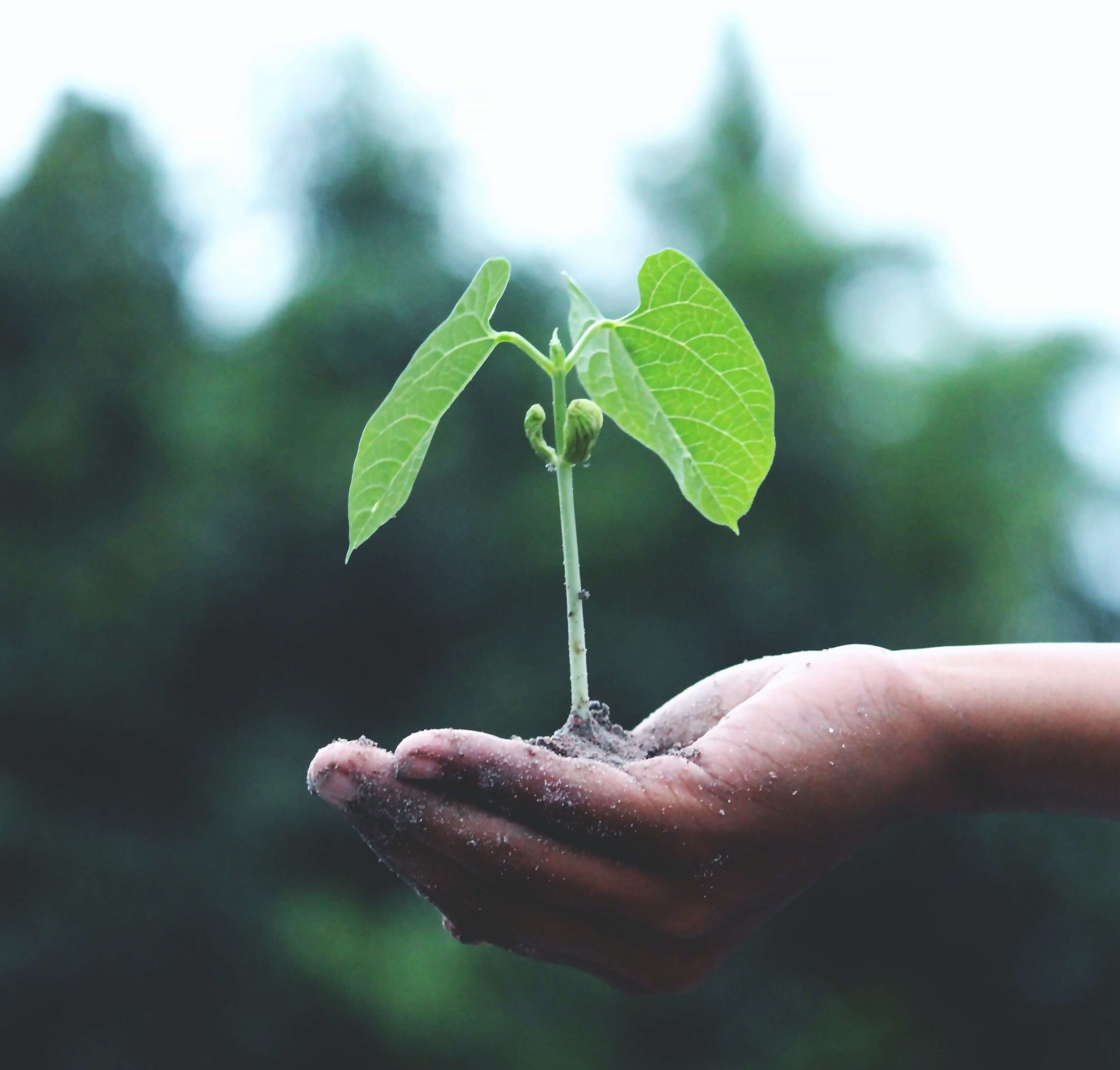Reflection on the conscious use of resources, respect and protection of the environment leads to new avenues, such as natural and innovative fibers and fabrics.
The news coming from Cop27 in Sharm El Sheik, as it happens every year and especially in recent times, inspires numerous reflections here at Maglificio Pini. Throughout the event, there is indeed a concrete discussion about the future and, in particular, about the impact that our lives and activities have and will have on the planet.
While respecting and protecting the environment is a key topic, especially for those working in the fashion supply chain, it is essential to address it with a broad view and an articulated analysis.
At the Maglificio we often, not to say daily, talk about the importance of recycling, of the recovery and reuse of waste; we also talk about the essential role that research plays in discovering and using alternative raw materials. This very last point leads us to remember how necessary it is to consider the aspects related to human activities, such as the consumption of soil, the use of water in the manufacturing and care of a garment, the exploitation of non-renewable resources, during the entire production cycle and so on.
It is our duty, in short, to engage in the pursuit of alternative paths that are often little travelled or looked upon with distrust. We reflect, for example, on the creation of biodegradable textiles thanks to algae; we ponder about lyocell, a material made through the processing of fibers from the eucalyptus; we consider how clothing can be made from fruit waste, just think of orange peels or pineapple leaves. Among these alternatives, one in particular caught our attention: its name is kapok. Unlike the fruits mentioned before, kapok is not edible and is therefore not intended for food use, however, it has quite a few other advantages: the trees do not require irrigation, there is no need for fertilizers and pesticides during growth; moreover, they are widely common all over the world. This makes kapok zero impact, completely natural, vegan and chemical residue-free, with all its consequences. This, however, we will discuss in detail later on.
The future sees us playing a leading role in looking at the world by considering multiple aspects of manufacturing a product, embracing a well-rounded perspective on processing, resource use and the future life cycle of garments, keeping in mind a new and conscious balance of the interplay between humans and the environment.

